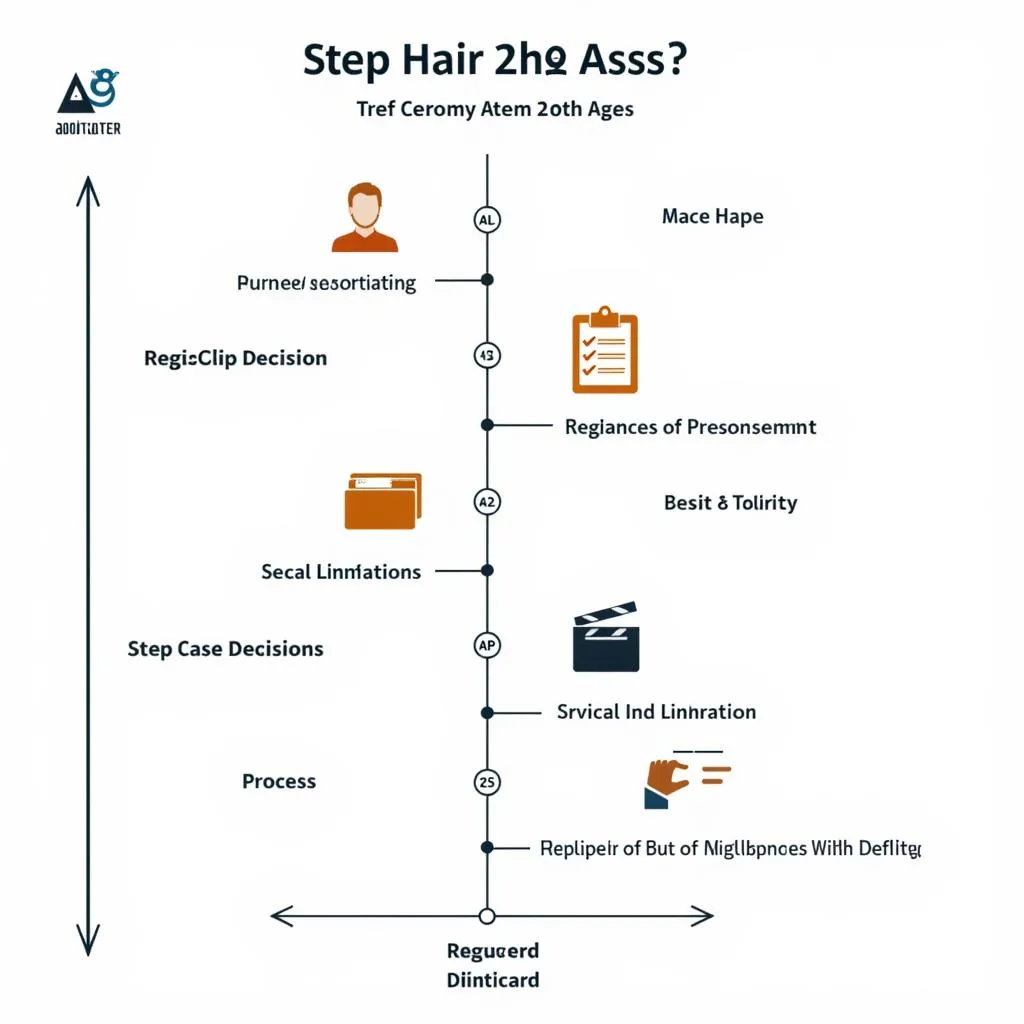The Association of Southeast Asian Nations (ASEAN) is a dynamic and diverse region with a rich cultural heritage. While known for its vibrant cultures, delicious cuisines, and breathtaking landscapes, ASEAN is also experiencing a significant shift in consumer behaviour, characterized by a rising focus on “base-happy” lifestyles. This trend, rooted in prioritizing well-being and happiness through a strong foundation of health, sustainability, and mindful living, is shaping the region’s economic and social landscape.
What are Base-Happy Nations?
The term “base-happy” refers to countries where people are prioritizing a stable foundation of well-being before pursuing material wealth or status. This approach emphasizes building a strong base of physical, mental, and emotional health, environmental consciousness, and financial security. It’s about living intentionally and consciously, focusing on experiences and connections rather than possessions.
This shift in values is driven by several factors:
- Rising awareness of mental health: A growing understanding of the importance of mental well-being and a desire for better work-life balance are influencing consumer choices.
- Environmental concerns: Climate change and the increasing awareness of environmental issues are pushing consumers to embrace sustainable practices.
- Technological advancements: Social media and the internet have fostered a global consciousness, inspiring individuals to connect with like-minded people and explore different lifestyles.
- Economic shifts: Economic uncertainties and rising inequality are pushing people to seek stability and long-term fulfillment over short-term gratification.
The Base-Happy Lifestyle in ASEAN
The base-happy movement is evident in various aspects of life in ASEAN, including:
- Wellness: A rising interest in mindfulness, yoga, meditation, and healthy eating habits is leading to a booming wellness industry.
- Sustainability: The growing demand for eco-friendly products and services is driving businesses to adopt sustainable practices.
- Experiential Travel: Travelers are seeking meaningful experiences and authentic encounters, leading to a rise in eco-tourism and community-based projects.
- Financial Literacy: More people are focusing on personal finance management, seeking investment opportunities and financial security.
The Impact of Base-Happy Values
This shift towards base-happy values is having a significant impact on businesses and governments in ASEAN:
- Emerging Business Opportunities: The growing demand for sustainable products, wellness services, and mindful experiences is creating new business opportunities.
- Government Initiatives: Governments are increasingly focusing on policies that promote sustainability, well-being, and social responsibility.
- Community Engagement: Local communities are becoming more involved in promoting sustainable practices and building resilient communities.
“[Quote]”, states [Expert Name], a leading sociologist in the region.
Challenges and Opportunities
While the rise of base-happy nations presents exciting opportunities, there are also challenges:
- Accessibility and affordability: Sustainable products and services can be expensive, making them inaccessible to many people.
- Lack of awareness: Many individuals may not fully understand the concept of a base-happy lifestyle and its implications.
- Shifting consumer behaviour: Businesses need to adapt to changing consumer preferences and incorporate base-happy values into their operations.
“[Quote]”, highlights [Expert Name], a prominent economist specializing in Southeast Asian economies.
Embracing the Base-Happy Future
The trend towards base-happy nations is shaping the future of ASEAN. By embracing these values, the region can create a more sustainable, equitable, and fulfilling future for all.
“[Quote]”, emphasizes [Expert Name], a prominent environmental activist working in the region.
FAQs
Q1: How can I adopt a base-happy lifestyle?
A1: Start by prioritizing your well-being, seeking out sustainable products, and making conscious choices that benefit your community and the environment.
Q2: What are some examples of base-happy businesses?
A2: Many businesses are incorporating sustainability practices, promoting mindful living, and offering wellness services. Look for companies committed to social responsibility and environmental consciousness.
Q3: What role does technology play in promoting base-happy values?
A3: Technology can connect people with like-minded individuals, provide access to information about sustainable living, and empower individuals to make informed choices.
Q4: How can governments encourage base-happy lifestyles?
A4: Governments can implement policies that promote sustainability, provide incentives for eco-friendly businesses, and invest in education and awareness campaigns about well-being.
Q5: What is the future of base-happy nations?
A5: The future holds great potential for a more sustainable, equitable, and fulfilling future for ASEAN, as the base-happy movement continues to influence consumer behavior and societal values.
Embracing the Change
The rise of base-happy nations in ASEAN represents a positive shift in values, prioritizing well-being, sustainability, and meaningful living. By understanding and embracing this trend, individuals, businesses, and governments can contribute to building a brighter future for the region.
